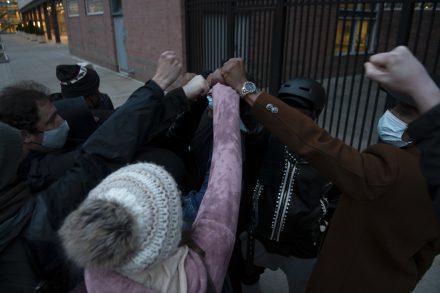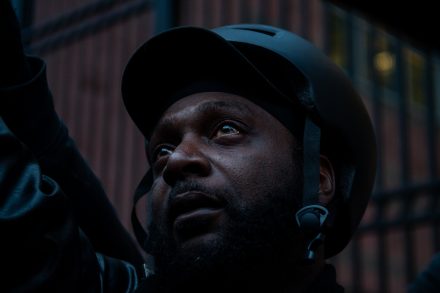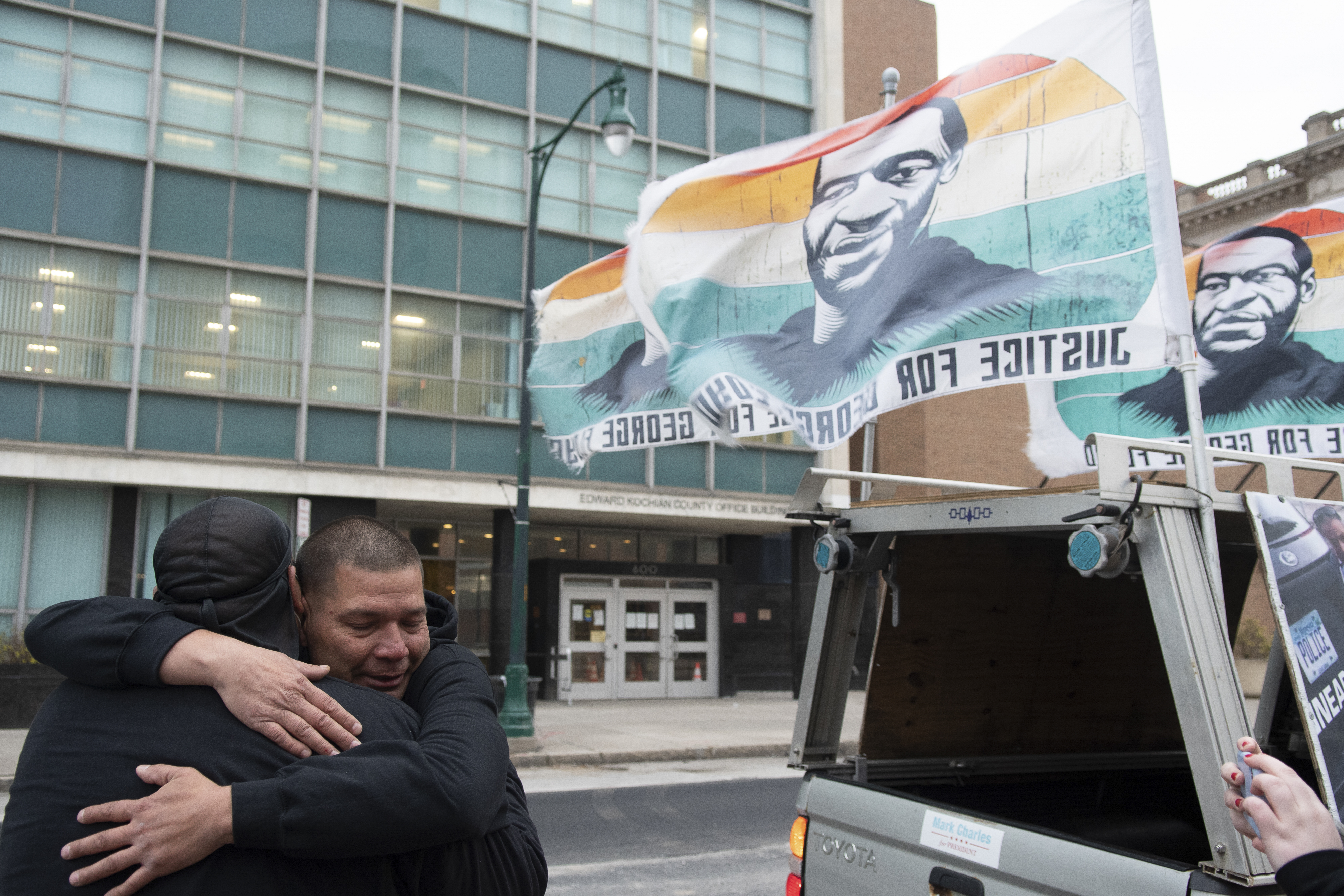Racial Reckoning
Racial Reckoning
Syracuse activists and leaders say justice prevails with an ex-officer's guilty verdict but they must press on for police reforms.

ike many on April 20, Bishop Colette Matthews-Carter felt a rush of emotions after hearing the guilty verdict for former police officer Derek Chauvin.
“I feel a sense of relief and vindication that there was justice for George Floyd’s family,” the Syracuse Onondaga NAACP president said.
But Matthews-Carter also suggested that the trial’s outcome had a significance and potential to make a difference in the future.
“This trial was about the right to breathe,” Matthews-Carter said. “While we will take this moment and be grateful, there are so many instances where this was not the case.”


Since Floyd’s death last May, Matthews-Carter and other Syracuse activists have been pressing for police accountability and reforms at the state and local levels in hopes of improving the dynamic between law enforcement and communities of color.
“We would like to see very specific training that relates to cultural competency,” Matthews-Carter said. “We want to see more police officers of color hired, to reflect more of the community — not only hired, but recruited, hired, retained and promoted.”
Syracuse Mayor Ben Walsh who laid out a police reform and reinvention plan last year that addresses reforming use-of-force policies, de-escalation, and accountability measures, responded to the Chauvin verdict on Twitter.
In the end, the jury saw what we all saw: the murder of a helpless man. I hope the decision brings comfort to George Floyd’s family in knowing that justice has been served.
— Ben Walsh (@BenWalsh44) April 20, 2021
Local organizers say the verdict is a potential catalyst for greater systematic change.
“I hope officers here in our city take heed to what happened and make the necessary changes they need to make as far as our department is concerned,” said Clifford Ryan, founder of OG’s Against Gun Violence (Our Generation Against Gun Violence). “The community needs to move forward and bring that trust back, because there’s that past of officers not being held accountable when they commit misconduct.”
Some stress this moment is pivotal, but we should not forget all who have been working together to challenge racial inequalities.
Deconstructing the Divide
“Every organizing effort over the last year has curated this reckoning,” Angela Douglas, Alliance of Communities Transforming Syracuse (ACTS) president, said in a statement. “It has been the disruption and the attention demanded to this human being and his life along with so many others that brought us to this moment. It has taken the strategic action of allies and accomplices to ensure that this would not take the usual turn.”
DeWayne Comer, now a community organizer with ACTS De-Incarceration Project and Syracuse native who spent 21 years in federal prison on drug charges before being pardoned, reflected on his experience with the criminal justice system in light of this trial.
“This is the beginning of what Floyd had to give his life for,” he said. “You just don’t understand the criminal justice system when it’s in the background. It’s just so violent and it doesn’t care. It doesn’t care at all.
“So now to put it out there for everyone, it’s like snatching the curtain down — now everyone can see.”

